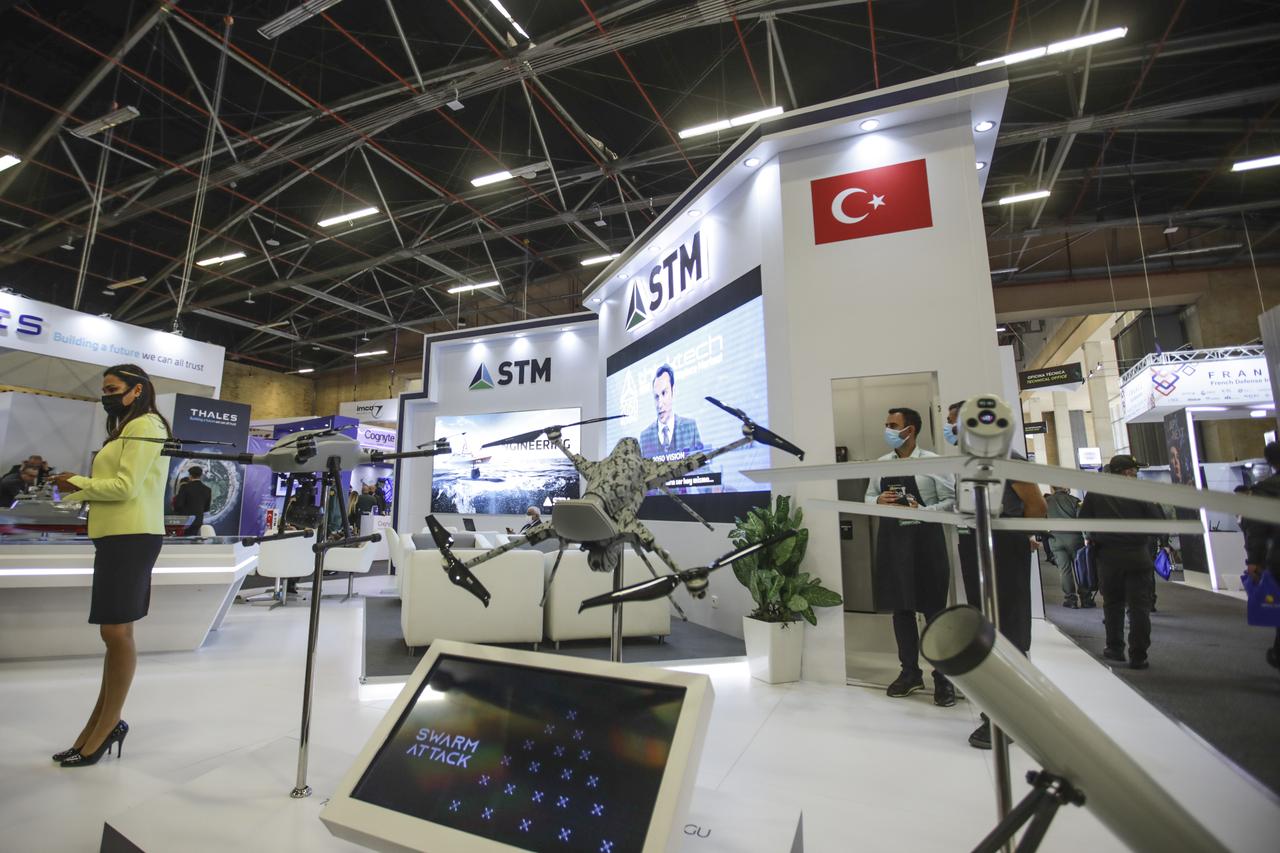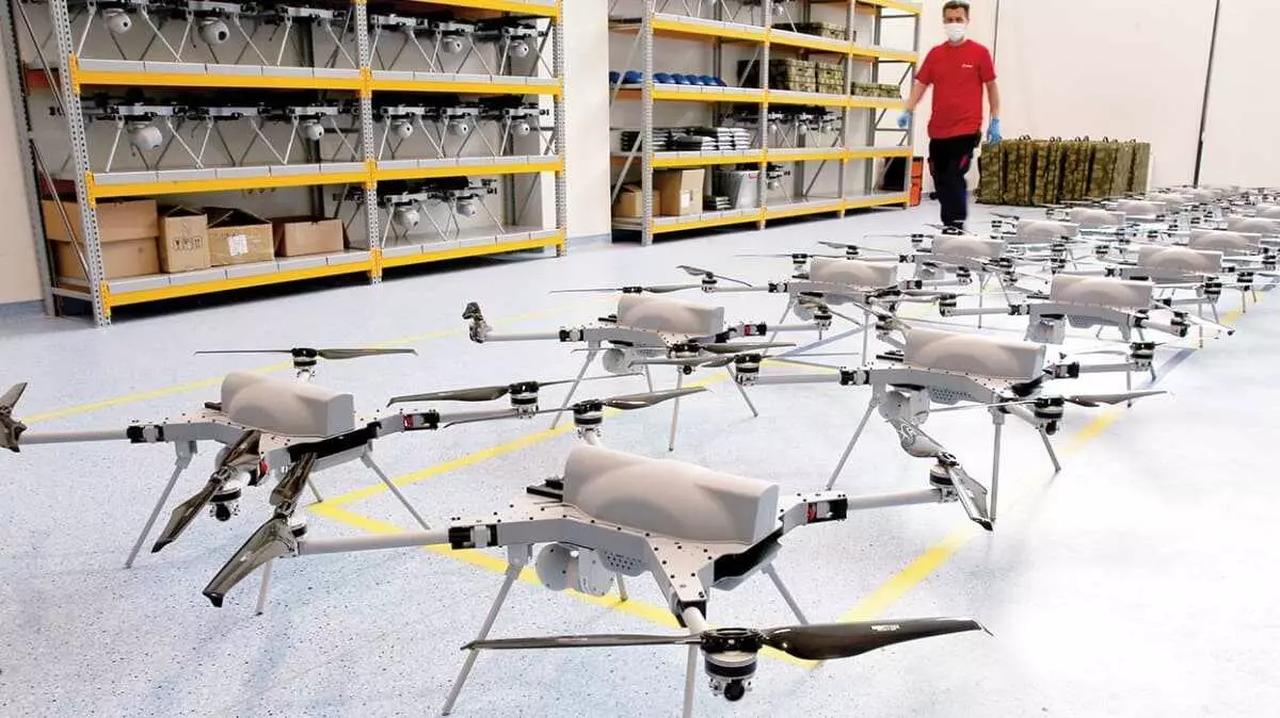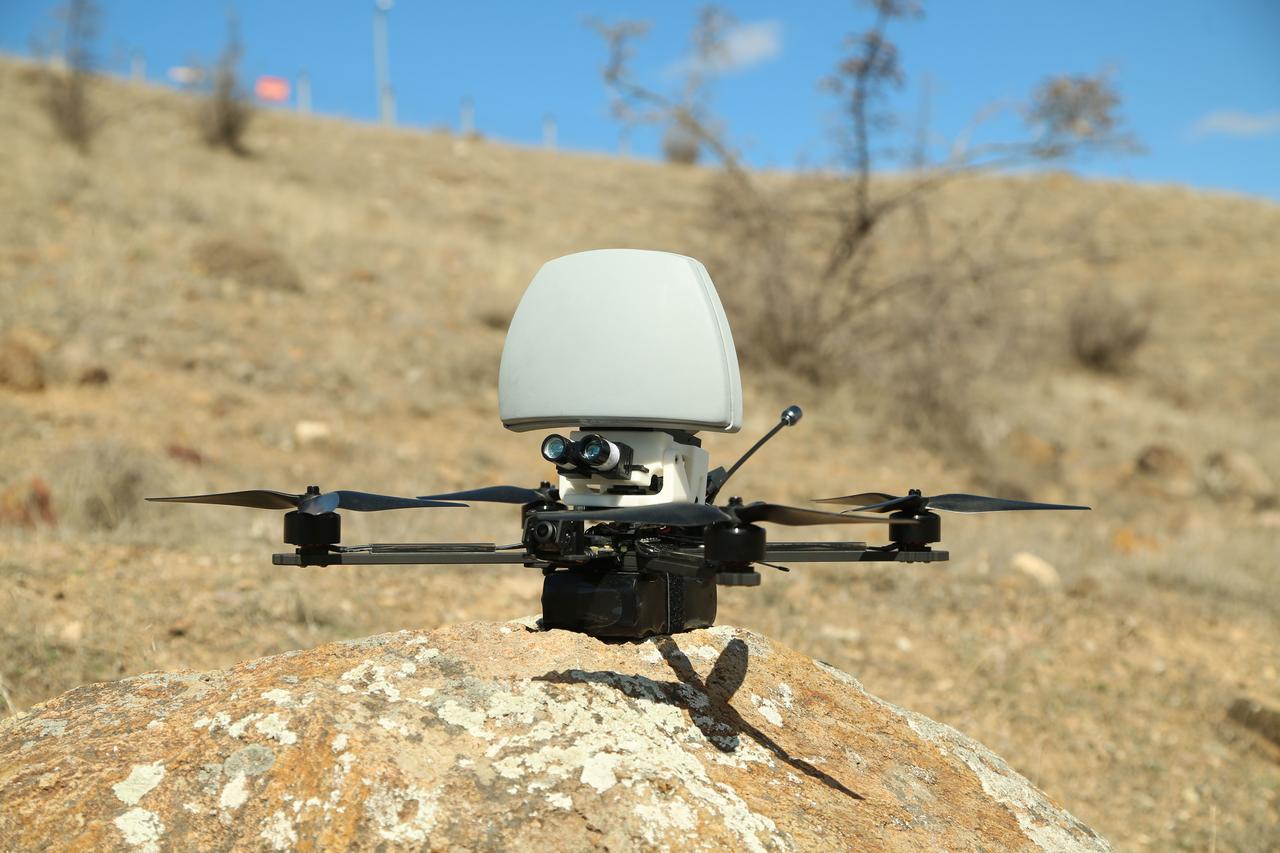
STM General Manager Ozgur Guleryuz announced significant advances in the company's GPS-free unmanned aerial vehicle systems and swarm technology capabilities during an interview with Turkish defense media outlet SavunmaSanayiST.
Guleryuz emphasized STM's growing international export success, stating that tactical UAV systems are gaining increasing importance globally, while STM's international export achievements continue to grow.
"We think there is very serious potential in this region, frankly," Guleryuz said, referring to the tactical UAV market's expanding opportunities.

"Tactical UAV systems are becoming increasingly important, and STM's export achievements in the international arena are also rising and continuing," Guleryuz said, adding, "We believe there is serious potential in this region."
Commenting on STM's commitment to 'engineering excellence,' he added, "We see UAV systems as a family, and STM is one of the most critical engineering firms in the Turkish defense industry. We are motivated to continuously increase the engineering contribution to our work."
Guleryuz stated that several STM products are already in inventory and are exported globally. "Certain products are already in service, exported to many countries, and actively used. But we continue to work on increasing both their capabilities and product variety."

STM has completed development of its KERKES project, a critical technology enabling UAVs to operate in GPS-denied environments.
"The KERKES project is particularly important for environments without GPS, where GNSS is suppressed. We all know that in today's battlefields, GPS is not available everywhere," Guleryuz stated.
"KERKES development has been completed. It has been integrated into many platforms. Very intensive tests have also been conducted. Actually, right now, when we look at it, we can say that the most successful drone system that can fly in GPS-free environments is STM drones containing KERKES," he added.
On Aug. 23, 2019, the Secretariat of Defence Industries (SSB) and STM signed the KERKES Project, shortly known as the Global Positioning System Independent Autonomous Navigation System Development Project.
With the KERKES Project, developed by STM engineers with sophisticated computer vision techniques and artificial intelligence algorithms, mini/micro class UAVs are expected to be able to perform missions in day and night conditions in the absence of GPS.
The project, which aims to enable rotary-wing (multi-rotor) and fixed-wing UAVs to perform missions in non-GPS environments, location estimation without GPS, mission execution without GPS, object recognition, and navigation capabilities with deep learning, was expected to be gained.

Building on experience gained from KARGU's swarm technology, STM plans to expand capabilities through the BUMIN project, targeting mission sharing across different platforms.
"We have our BUMIN project. Actually, we started with our KARGUs, trying and developing swarm algorithms," Guleryuz said.
"Now, hopefully, we will include this in FPV drones as well, so that we can use different drone platforms within a certain swarm concept, with different mission distributions," he added.
"The Swarm Intelligence UAV Project that we continue to develop carries out R&D and productization activities such as autonomous systems within our company, rotary and fixed-wing platforms, studies on swarm intelligence, testing and adapting existing products and technologies, and developing new algorithms," STM stated on their website about the project, with the expectation of achieving "central/distributed communication infrastructure, UAV-to-UAV communication, formation capability, targeting and prioritization, target sharing, ability to sense and avoid, rotation capability, swarm attack, and guidance ability."
According to an interview with the SavunmaSanayiST, STM has intensified testing activities for its FPV drone projects, with anti-personnel and armor-piercing munition integrations completed.
"Our FPV drones—their tests are continuing very intensively. We have already shared certain images. Whether it's anti-personnel ammunition or armor-piercing ammunition, integration has been done. Their tests are taking place," Guleryuz reported.
Guleryuz later underlined that STM is addressing new operational requirements, especially in environments without GPS and under swarm operation concepts:
"We are all aware of this today, actually. On one hand, producing cost-effective drones, but actually using them in different areas, like using them in GPS-free areas or using them with swarm concepts, needs more intensive engineering technology that is increasingly coming to the fore," Guleryuz concluded.